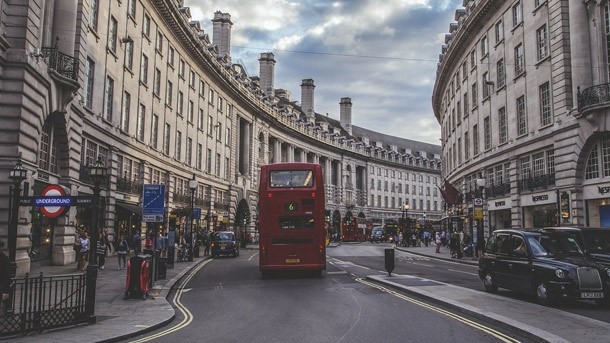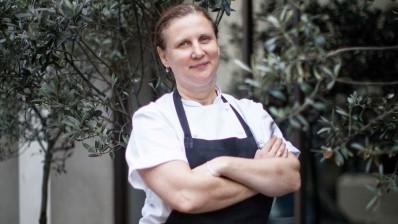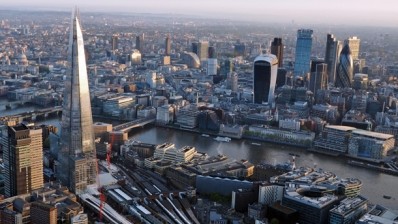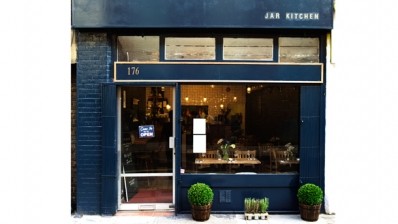West End's 'strong dining scene' helps area contribute £51bn to UK economy

While retail provided a large chunk of the growth (£11bn), the success of established and popular concepts such as Polpo and Alain Ducasse at The Dorchester, plus the arrival of new restaurants and hotels, such as Gordon Ramsay's Heddon Street Kitchen and Ham Yard Hotel in Piccadilly, were integral to driving it.
Food and drink sales in the West End rose 9 per cent year-on-year with double digit growth seen in the last quarter.
Sarah Porter, chief executive of Heart of London Business Alliance, who with New West End Company and Shaftesbury PLC helped compile the report for property agents JLL, said: "The report highlights the continued importance of future-proofing the West End by creating a rich visitor offering and experience beyond retail and strong double digit growth in food and beverage sales in the last quarter of 2014 is a testament to this.
"The vibrancy of the West End’s dining and leisure scene has never been stronger with 2014 witnessing high profile arrivals onto the restaurant scene including Gordon Ramsey’s Heddon Street Kitchen on Heddon Street and Café Murano in St James’s.
"The West End is now unequivocally recognised as one of the most sought after locations for both Michelin starred restaurateurs and vibrant independents including Ember Yard on Berwick Street and Judy Joo’s first UK restaurant on Kingly Street which opened in 2014. This dynamic blend of established and emerging eateries had helped drive the ‘night time economy’, increase visitor dwell time and increase average spend across the area."
Retail, leisure, hospitality
Brian Bickell, chief executive at Shaftesbury PLC, agreed that the area, which comprises 109 streets, owed part of its success to its mix of retail, leisure and hospitality businesses.
"Our areas, which include Carnaby, Soho and Seven Dials, are havens for independent retail, restaurant and leisure concepts which provide an important element of the diversity and vibrancy of the overall West End offer," he said. "The interplay between the retail and the restaurant scene, which complements the West End’s many other attractions, continues to be a draw for all those seeking something new and importantly, unique.”
Surrounding streets
The report - London’s West End: Review & Outlook - also found there was a growing interest from retail and hospitality businesses for properties in 'traditionally less sought-after' surrounding streets and predicted it would be a trend that would continue over the next two years.
It also said that the forthcoming Crossrail development, set to double current passenger numbers at Bond Street and Tottenham Court Road when it launches in 2018, had led to the creation of a number of significant new development schemes.
JLL chief executive Guy Grainger said: “The West End’s connectivity and public realm will benefit hugely from the arrival of Crossrail in 2018 as well as ongoing inward investment and redevelopment. This is in the context of London already being the largest city economy in Europe in GDP terms and with the prediction that continued economic recovery will further drive domestic and international footfall."














